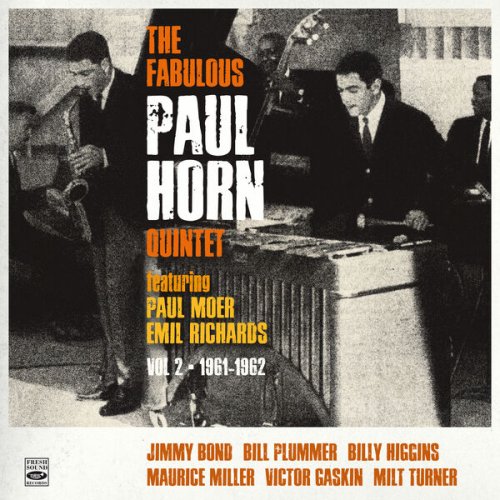Louis Sclavis - Chine / Chamber Music (2003)
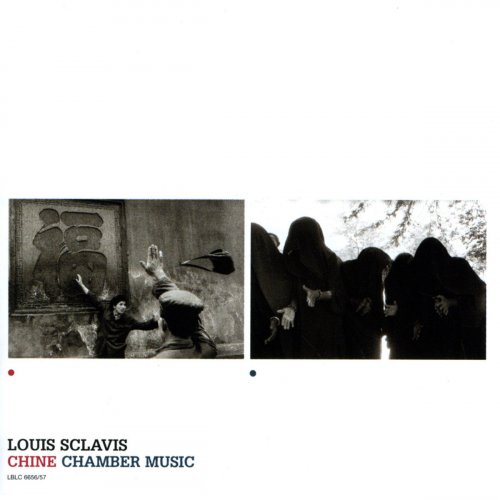
Artist: Louis Sclavis, Francois Raulin, Bruno Chevillon, Christian Ville, Dominique Pifarely, Yves Robert, Michel Codard, Philippe Deschepper
Title: Chine / Chamber Music
Year Of Release: 1989
Label: Label Bleu
Genre: Jazz, Contemporary Jazz
Quality: FLAC (tracks)
Total Time: 1:27:58
Total Size: 447 MB
WebSite: Album Preview
Tracklist:Title: Chine / Chamber Music
Year Of Release: 1989
Label: Label Bleu
Genre: Jazz, Contemporary Jazz
Quality: FLAC (tracks)
Total Time: 1:27:58
Total Size: 447 MB
WebSite: Album Preview
Disc 1
1. Duguesclin (07:06)
2. Chanson pour Louis de Funes (02:31)
3. Tango (06:28)
4. Rivière salée (01:38)
5. Les chameaux (01:43)
6. Loul (02:15)
7. Rébarbatif I (08:36)
8. Rébarbatif II (03:57)
9. La taupe (02:41)
10. Rébarbatif I & II (00:47)
Disc 2
1. Ottomar (08:12)
2. Patch (04:43)
3. Petra (12:02)
4. Introduction à fond bleu (03:44)
5. Fond bleu (05:06)
6. Marche (07:53)
7. Qu'attendent-elles ? (01:38)
8. Introduction à Veronese (03:41)
9. Veronese (03:10)
Originally released in the late '80s, Chine and Chamber Music are here conveniently reissued as a two-CD set. At the time, both albums helped Louis Sclavis gain wider recognition -- at least in Europe. Chine is a quintet session which reflects the leader's interest in folk music and his "imaginary folklore" concept. The themes are not only inspired by French folk music but also by sounds from Argentina or Africa, for instance. At times, some rock accents tend to date the music. Chamber Music takes Sclavis' musical concept even further with a drumless septet featuring original instrumentation and delivering stronger compositions. The material does not offer the same variety as its predecessor, but it is more focused and benefits greatly from the addition of such wonderful improvisers as Yves Robert and Michel Godard. Once again, the session is still characteristic of early Sclavis endeavors -- improvisation over an obsessive pattern or use of overdubs on unaccompanied solos. Although violinist Dominique Pifarély does not contribute any material, his presence is more obvious and alludes to things to come. Without a drummer, bassist Bruno Chevillon's role becomes even more crucial and he meets the challenge with bravura. Like Pifarély, he would also become an essential component of Sclavis' future projects. Despite a few shortcomings, this reissue is essential to anyone interested in this significant musician's development. © Alain Drouot

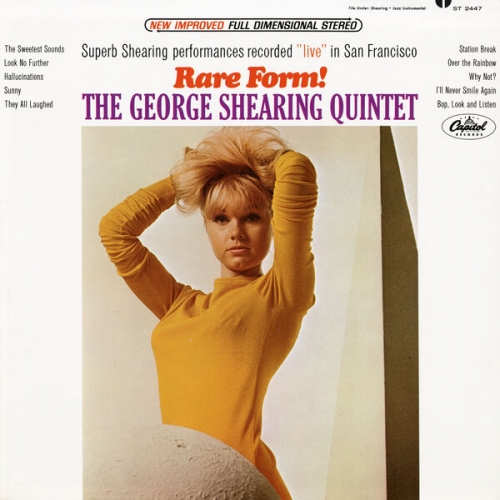

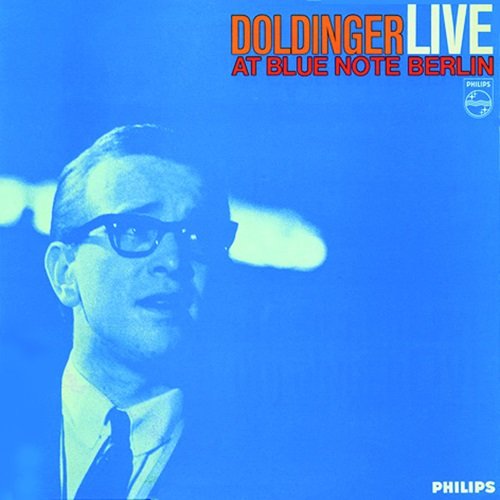


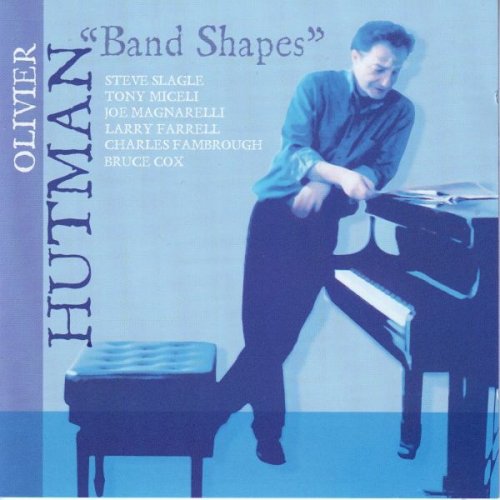
![Samir Aouad - Casablanca (2026) [Hi-Res] Samir Aouad - Casablanca (2026) [Hi-Res]](https://img.israbox.com/img/2026-02/26/cpef8nay7or1kmufgugfd6uy0.jpg)
